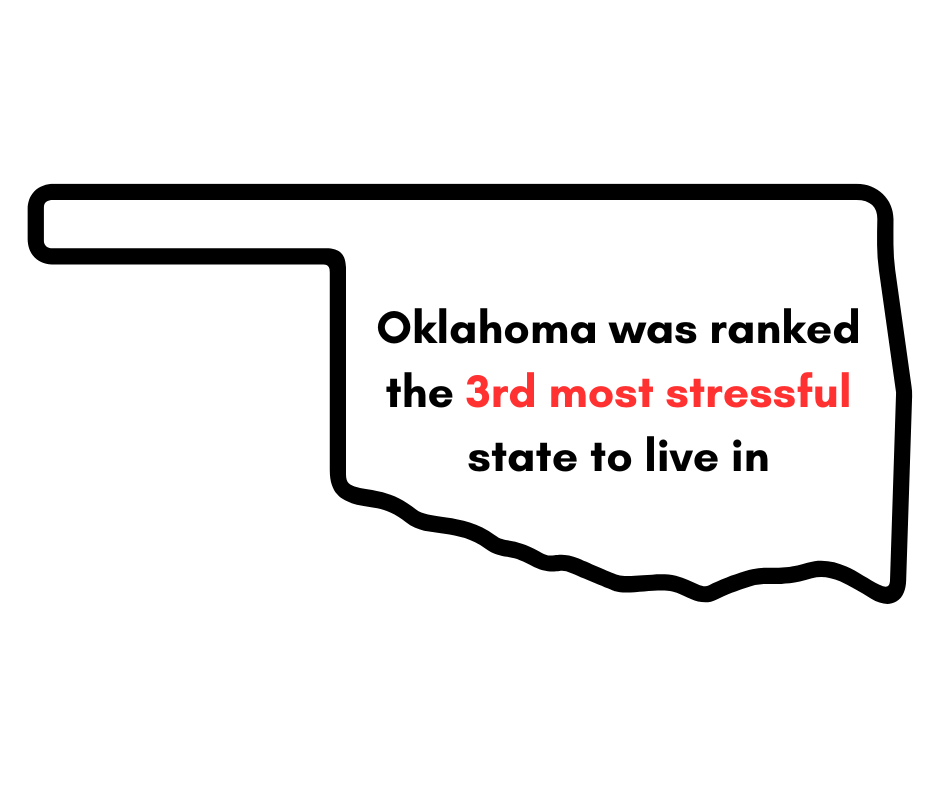Oklahomans are not OK. In fact, we’re more likely to be stressed than residents of 47 other states in the U.S. according to a study that named Oklahoma the third most stressful to live in.

The study’s authors compared all 50 states across 16 key indicators of stress, focusing on four core areas – work stress, money stress, family stress and health stress. They ranked Oklahoma number one in health stress and number four in work stress. These are not lists we want to be at the top of.
Here at the Tulsa Housing Authority, we see stress and its effects on a daily basis. Few things are more worrisome and anxiety-inducing than not having a safe, stable, affordable place to call home. And the stress, anxiety and depression that can accompany that instability impacts all aspects of our lives, including our physical and mental health and our work performance.

Let’s go back to sociology class for a second (no quizzes, I promise!). Remember Maslow’s Hierarchy of Needs? Physiological needs – including shelter – are at its foundation. Without the solid ground of a safe place to call home, life becomes much more unstable and it’s exponentially harder to move through the other levels of needs to reach self-actualization. In other words, who has time to think about becoming their best self when they don’t know where they’re going to sleep tonight?
Housing is also a recognized social determinant of health, impacting both our physical health and mental health. The Housing and Children’s Healthy Development study found that families that utilized a Section 8 Housing Choice Voucher experienced:
- 50 percent reduction in hypertension (high blood pressure)
- 7 percent reduction in family stress

Housing instability also correlates to work stress, playing a symbiotic role in our lives. In the 2023 Point-in-Time Count, an annual count of individuals experiencing homelessness, we found that in Tulsa County:
- 27% of respondents cited job loss as the cause of their homelessness
- 14% of respondents were currently employed while experiencing homelessness
Losing a job can cause someone to fall into homelessness, and housing insecurity and its accompanying stress can impact work performance which could lead to job loss. It’s a vicious cycle that afflicts many Oklahomans.
So, what can do to lessen the stress plaguing so many Oklahomans? We think it all starts at home, and with a home. Providing a safe, stable, affordable place to live is a launching pad for thriving and a critical piece of the puzzle in improving many markers of health and well-being.
Working together to increase access to affordable and workforce housing, we can create not only a better Tulsa, but a better (and less stressed) Oklahoma.
This post written by Ginny Hensley, APR, THA’s Vice President of Communications & Public Affairs
